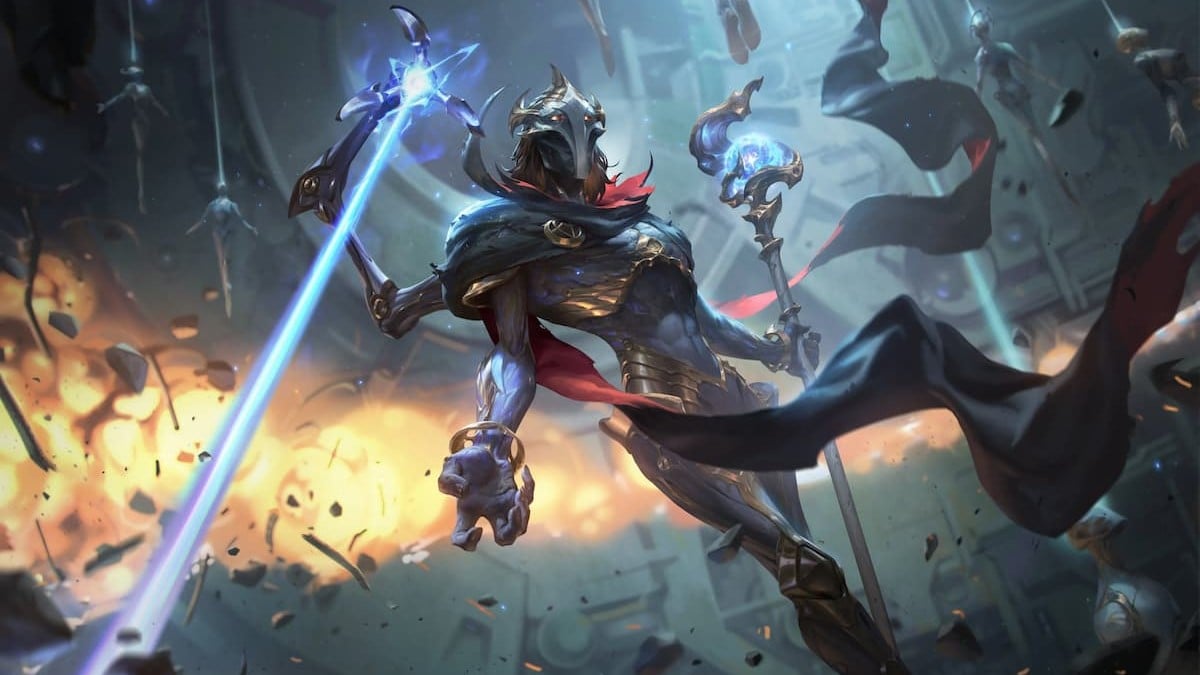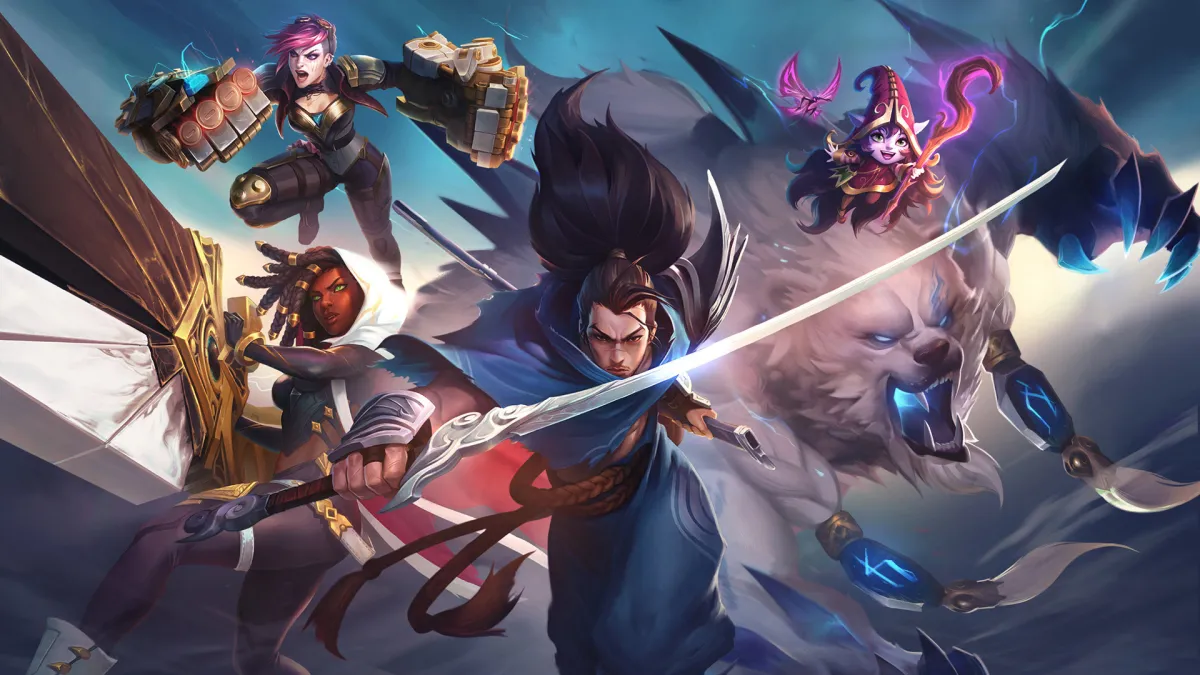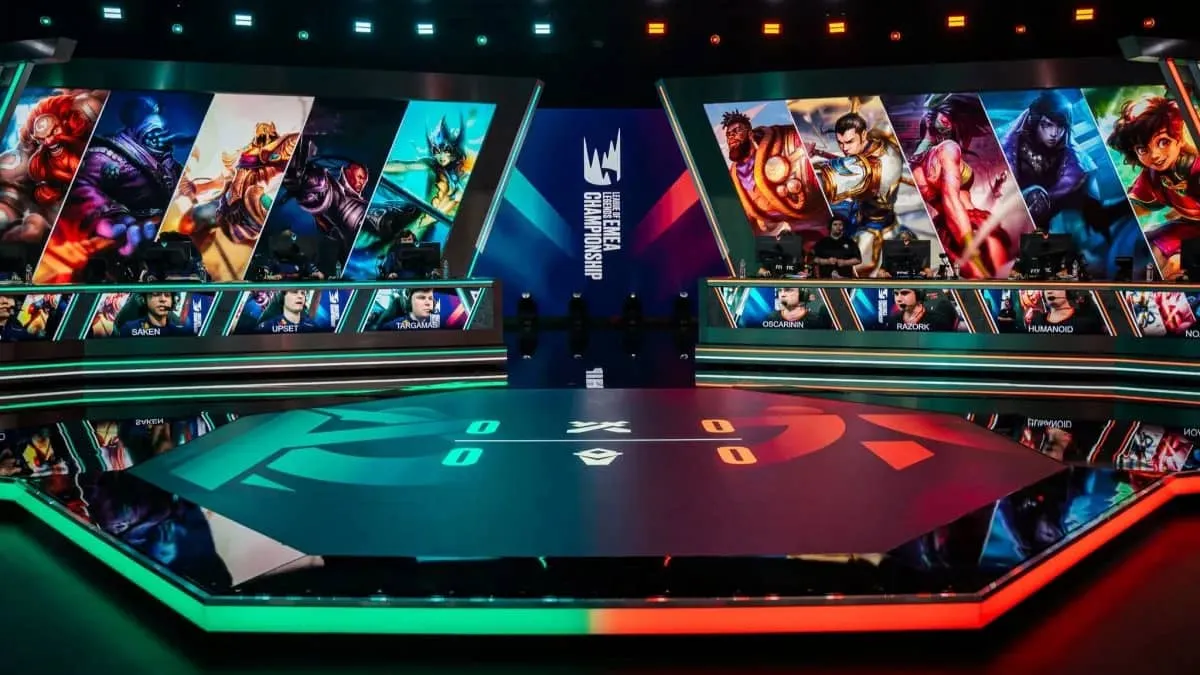The Korean esports scene is often upheld as the ultimate model in the field, the pinnacle for what the rest of the world could hope to achieve. But in 2015, Korean esports will look a lot more like the Western scene.
A joint announcement from Riot Games, the Korean eSports Association, and the biggest league in the country, OnGameNet, revealed sweeping changes to the competition format for League of Legends in Korea, OnGamers reported late last night.
OGN will adopt a league structure similar to the League Championship Series in 2015, with two four-month seasons featuring eight teams.
With only eight teams competing in the premiere league, OGN will move to a “one-team system,” but will expand the rosters of those teams to 10 players. That means Samsung Galaxy, for example, who sent both their White and Blue team to the World Championships, will only be able to make one squad from those 10 players.
In order to ensure the bench players have a chance to test their skill and improve, OGN will also host a reserve league.
In addition, they will be taking steps to improve the situation for players in Korea. This is particularly important considering the type of talent fleeing to regions like China and North America as they seek more lucrative opportunities with better living standards than those currently found in Korea.
The league will implement a minimum salary, so even reserve players will be compensated at a fair rate. Streaming revenue through Azubu will be expanded, with a system in place to ensure the players, and not just the teams, receive compensation for it. Also, pro player contracts must be at least one-year long starting in 2016. That guarantees some stability for players.
“As many fans are aware, the Korean eSports environment and system are still lacking in many regards to be considered a mature professional sports market,” reads the press release.
The changes move the format to a much more LCS-like style, and should provide better protection for players in the system.
But the question is if this will help Korea retain players. One of the things esports has struggled with compared to traditional sports is maintaining a bench of developmental players and backups. Talented players have little reason to sit on a bench—there are almost never opportunities to move into a starting lineup due to injury or performance like in traditional sports, so there’s little reason for a player to try and develop as a backup over playing on a different team.
The new OGN rules combat that somewhat, assuming the new minimum salary is competitive and the reserve league gets its due, but without the possibility of competing at Worlds for some of those players, we may see even more leave Korea.
The focus on providing more opportunity for streaming seems to be a compromise with how things are done in the West. Players in the LCS often have streaming money as a primary source of income, but the highly competitive Korean environment prevented many star players from cashing in on that lucrative opportunity. The chance to make money streaming will improve the situation for many of those players, but it also could take off some of the competitive edge those players have compared to the rest of the world.
Still, many would say that’s healthy. Korean esports teams dating back to the heyday of StarCraft: Brood War are an environment that’s anything but—players practice 12 plus hours a day with little else in their lives and little security in their job. The changes should bring a little more security and sanity to the Korean scene.
Details regarding just how some of these changes will be implemented have yet to be revealed.
Image via Riot Games/Flickr| h/t OnGamers






Published: Oct 28, 2014 11:13 am